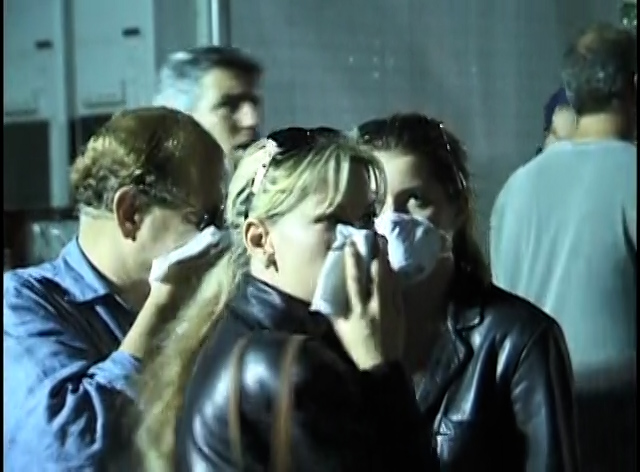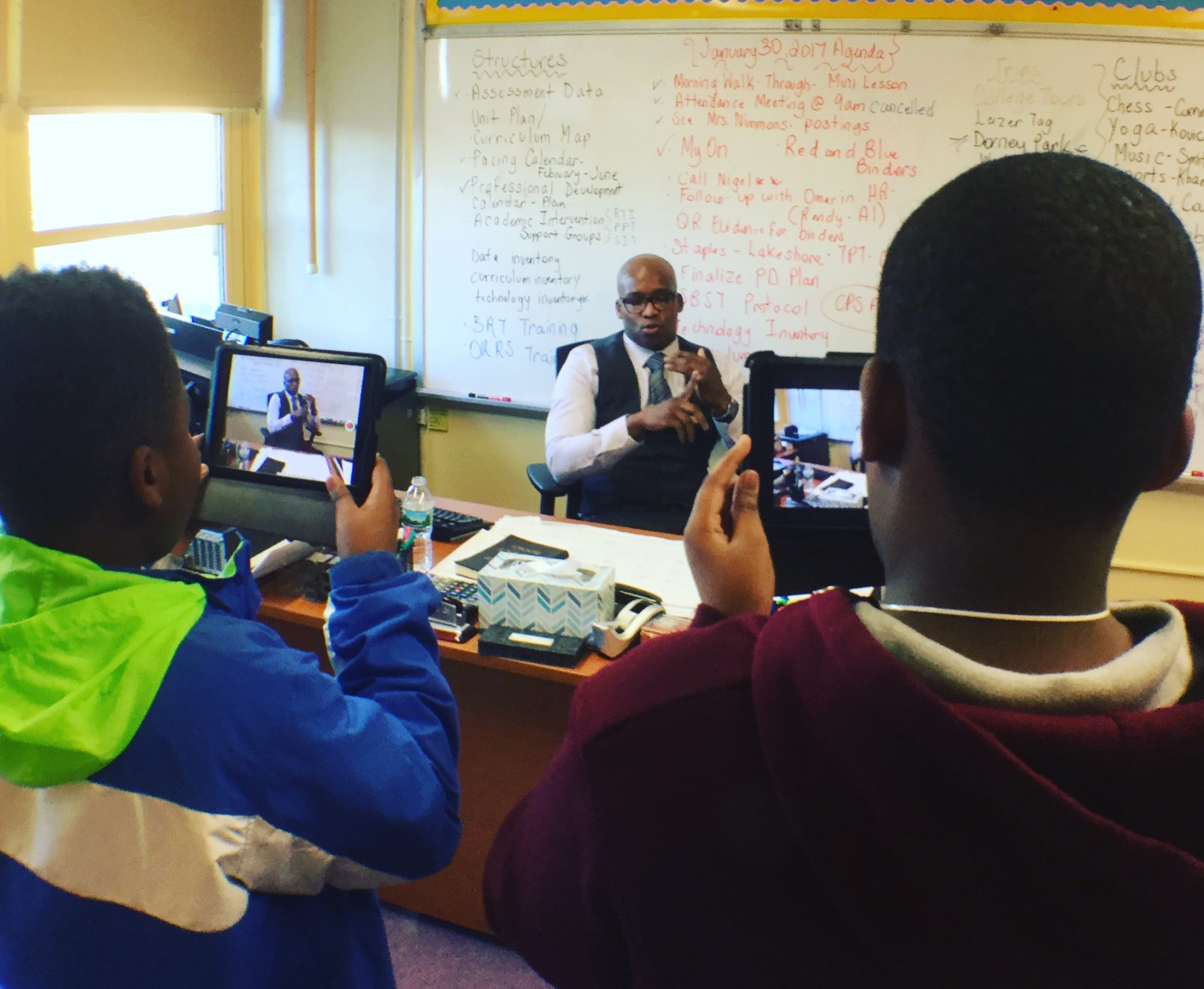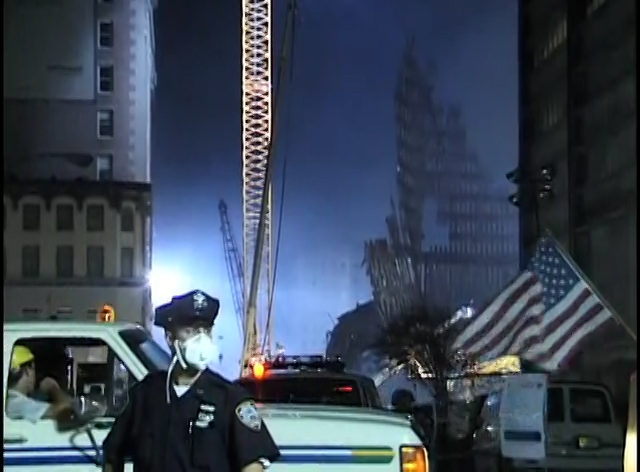New York Diary presents one New Yorker’s personal take on September 11 and its aftermath. How was the immediate, unintelligible horror of the attacks digested and domesticated in the days and weeks that followed?
Harrowing images from the first thirty-six hours give way to the rituals of missing posters, makeshift memorials, to posing for pictures with policemen and buying t-shirts and other 9/11 memorabilia. The film asks disturbing questions about how the global electronic village assimilates and banalizes terror and mass murder.

20 years after the attack, and as more civilians exposed to the toxic air are diagnosed with 9/11-related illnesses, it makes us think about the senseless cost of war. Not only the prohibitive financial cost, Brown University’s, Cost of War Project, has the 9/11 wars costing $8 trillion and more than 900,000 deaths, but the cost of thousands of civilians, maimed, displaced or become chronically ill. Those numbers are rarely captured in Kabul, Baghdad, Aleppo, but fortunately, for those impacted by the 9/11 attacks in New York City and Washington, DC, there is assistance and monitoring through the World Trade Center Health Program.

If you, or a loved one, are experiencing long-term health effects from the attacks, please contact the World Trade Center Health Program.

